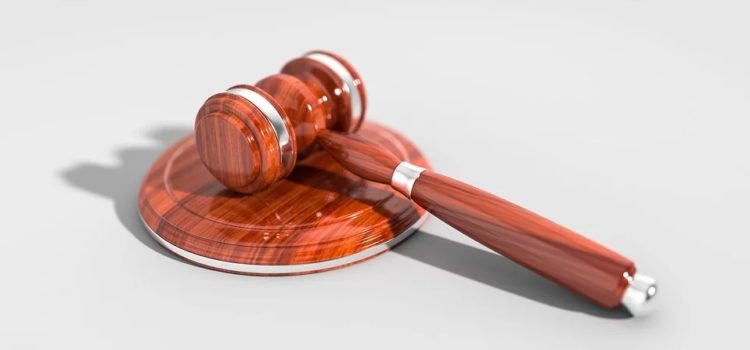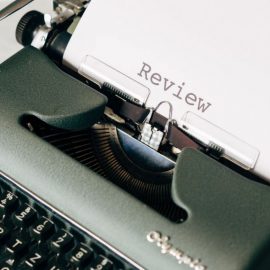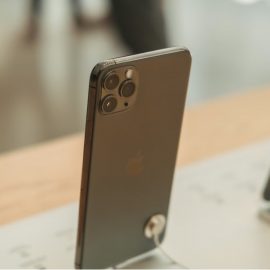
This is a free excerpt from one of Shortform’s Articles. We give you all the important information you need to know about current events and more.
Don't miss out on the whole story. Sign up for a free trial here .
What is copyright and what’s its relevance in the digital era? How will courts determine the legality of generative AI training and content creation that draws from copyrighted material?
A growing number of lawsuits complain that AI tools are being trained and producing content based on copyrighted material. Courts are in the early stages of determining whether AI companies’ use of copyrighted materials to train, create, and sell content is fair use or copyright infringement.
Below, we’ll explore AI copyright lawsuits and issues.
AI and Copyright Laws
Earlier this month, US comedian Sarah Silverman sued OpenAI and Meta for copyright infringement, alleging that the companies trained their AI tools on her work without her consent. The lawsuits highlight growing concerns about the legal and ethical implications of training generative AI tools on copyright-protected data and about who owns the content AI tools produce.
What Is Copyright?
Copyright is a legal right that gives intellectual property creators (authors, artists, musicians, and others who generate original works) the exclusive authority to make copies of or reproduce their work and give permission to others to do the same. Copyright law protects a range of original work, including blog posts, books, movies, paintings, photographs, musical compositions, computer programs, and architectural works.
There are growing questions and concerns about AI copyright in the digital space because generative AI tools can now convincingly replicate authors’, artists’, and other original creators’ style—enabling individuals to produce and profit from knock-offs of their work without permission or compensation.
The Courts, AI, and Copyright Issues
Courts are in the early stages of trying to figure out how to apply intellectual property laws in generative AI cases and the situation is anything but clear. Among the issues they’re examining are two critical questions that will help determine the legality of generative AI being trained and producing content based on copyrighted material:
- Can generative AI’s output be copyrighted—and if so, who owns it? In the US, there’s no protection for products created exclusively by a machine. However, there could be in cases in which an author, artist, or other creator proves that humans played a sizable role in an AI’s generation of content based on their original work.
- Can someone who owns a copyright to material on which AI is trained legally claim ownership of content the technology produces? AI companies and researchers say no, arguing that fair use doctrine covers the vast quantities of web-scraped data on which they train generative AI systems. However other experts say the picture isn’t so simple, because fair use is determined by the manner in which the original work is used.
Experts say it’s more likely that fair use covers the training of AI systems on copyrighted data, but not the content they generate. They explain that:
- Fair use could be reasonably applied in cases where generative AI tools turn data on which they’re trained into novel products that are largely unrecognizable compared to their sources, and so don’t threaten creators’ livelihoods.
- But fair use likely wouldn’t apply in a situation where, for example, AI is trained specifically on 20 images of Banksy artwork for the purpose of producing and selling replica Banksy artwork, which would create direct competition with the artist Banksy.
Once courts have answered the questions above, several more arise, including:
- Can, or should, legal restrictions be put on data collection—and what would they look like?
- Can AI technology makers and creators coexist peacefully?
Looking Ahead
What happens next is unclear. Experts expect that AI companies making millions off technology trained on copyrighted material will continue to argue that their work is legal until proven otherwise. Meanwhile, authors, artists, and other copyright holders whose work AI companies have already used without permission have little recourse but to consider gearing up for potential legal cases—an expensive proposition that most cannot afford.

Want to fast-track your learning? With Shortform, you’ll gain insights you won't find anywhere else .
Here's what you’ll get when you sign up for Shortform :
- Complicated ideas explained in simple and concise ways
- Smart analysis that connects what you’re reading to other key concepts
- Writing with zero fluff because we know how important your time is






